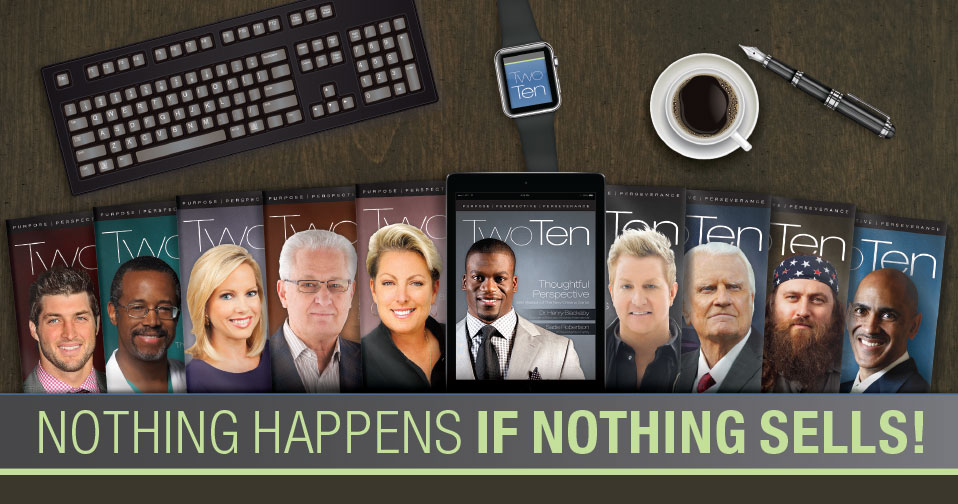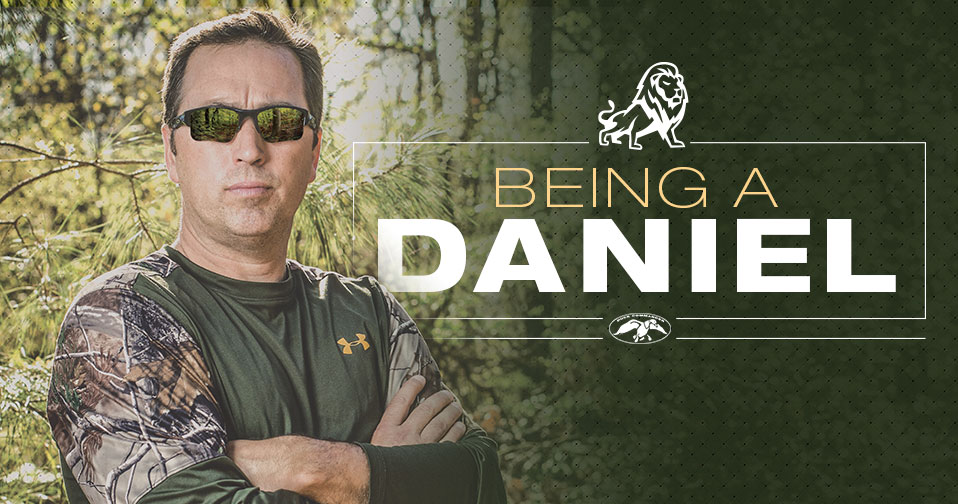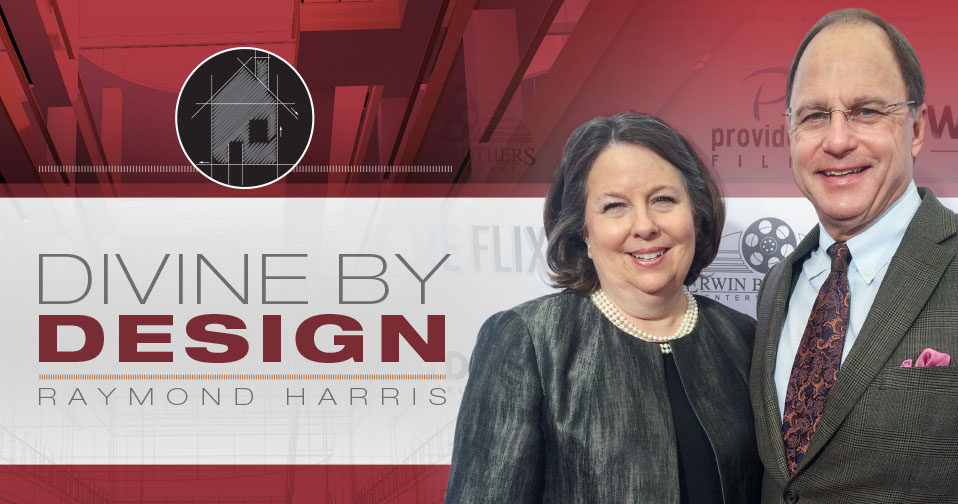Working Women with Diane Paddison

God Made Me For A Purpose “I believe God made me for a purpose, but He also made me fast. And when I run, I feel His pleasure.” That is one of the most well known quotes from the 1981 film Chariots of Fire, and it is also one of my favorites. I feel the same way about my work as Chief Strategy Officer at Cassidy Turley and founder of my nonprofit, 4word, that runner Eric Liddell felt about his sport.
God has called me to the corporate real estate industry just as He called Liddell to running. And, just as He gave Liddell the gift of speed, He has also given me the strengths I needed to succeed in my field.
But that does not mean I have never needed help. The same thing is true for all of us. No one is good at everything.
And yet, I have noticed that we are often reluctant to ask for help at the office, even though, as blogger Jeff Haden once pointed out, we have an “instinctive desire to help other people.” Think about it. If a colleague in another department approaches you to ask if you can proofread her proposal before she presents it at the next board meeting, your answer is almost guaranteed to be a yes.
If we do not need to worry that we are being “a bother” to our colleagues, then why are we not quicker to ask for help when we need it? In many cases, I think the problem is pride. It is never easy to admit to a weakness, but the truth is that we all have them.
In my case, I know that even though I have tried over the years, I am not the best writer. At Trammell Crow Company, I always had others ‘wordsmith’ any of my written material. Even now, in writing a weekly blog for my nonprofit, 4word, I rely on the strengths of my digital team to take my words and make them sound better.
"Even though it feels like a blow to your ego, asking others for help is a great way to build rapport with your colleagues and gain some new knowledge at the same time. It is also an essential quality of leadership."Diane Paddison
Everyone in your office has his or her own area of expertise, and everyone likes to feel recognized and valued for something that he or she brings to the table. Moreover, the more time you have to spend compensating for a weakness, the less time you can spend putting to work the strengths and talents God has given you.
I learned early in my career that you often need to just dig in, work hard, learn from your mistakes and grow, especially if you are in a new position. However, there is a fine line between knowing when you just need to put in the time to develop or practice a necessary skill and recognizing an area in which you are simply not gifted.
Whenever I am asked about the secret of my success in corporate real estate, one of the best pieces of advice I can give is to trade on your strengths and be aware of your weaknesses so that you know when you need to ask for help. (If you want to learn more on the subject of trading on your strengths, I highly recommend Go Put Your Strengths to Work: 6 Powerful Steps to Achieve Outstanding Performance by Marcus Buckingham.)
Of course, once you have realized your weakness in a particular area, the next question is: how do you ask for help? In my opinion, the most important thing is to approach everyone with respect, whether you are asking a colleague, a subordinate or a superior for assistance. I can honestly say that I have learned my entire life from those around me.
For example, when I was President of Global Corporate Services, Client Accounts at CBRE, Trammell Crow Company had just been purchased, and it was my job to lead the team who would pull together the clients we serve, our team and our platform, and produce a respectable profit margin.
Working on projects like that is something I know I was called to do. That is how “I feel His pleasure,” to quote Liddell again. However, there were a myriad of factors involved in that project, and not all of them were in areas of my expertise. I knew that I needed the strengths of many to make it a success, so I asked for help.
My colleague Steve Henry, who was our CIO, supported my team with a wonderful technology platform. Josh Campbell, a subordinate, created a client dashboard that gave us a simple way to measure our results. Bob Sulentic, former CEO of Trammell Crow Company who is now CEO of CBRE, coached me through assembling my leadership team.
Each of them brought skills and experience in these areas of expertise that I needed. I respected their strengths, appreciated their contribution and knew that I could not be successful without their support. Even now, that instance stands out in my mind as an example of what you can achieve when you are willing to acknowledge your areas of weakness and seek support from those whose strengths are your weaknesses.

By: Diane Paddison
Diane Paddison is the author of Work, Love, Pray, and the founder of 4word, a ministry for professional Christian women (www.4wordwomen.org). She has served in the executive suite of three Fortune 500 companies. She is married to Chris and mother to four, and is passionate about leading, connecting, and supporting professional Christian women as they balance work, relationships, and faith.
Read More Articles by Diane Paddison





